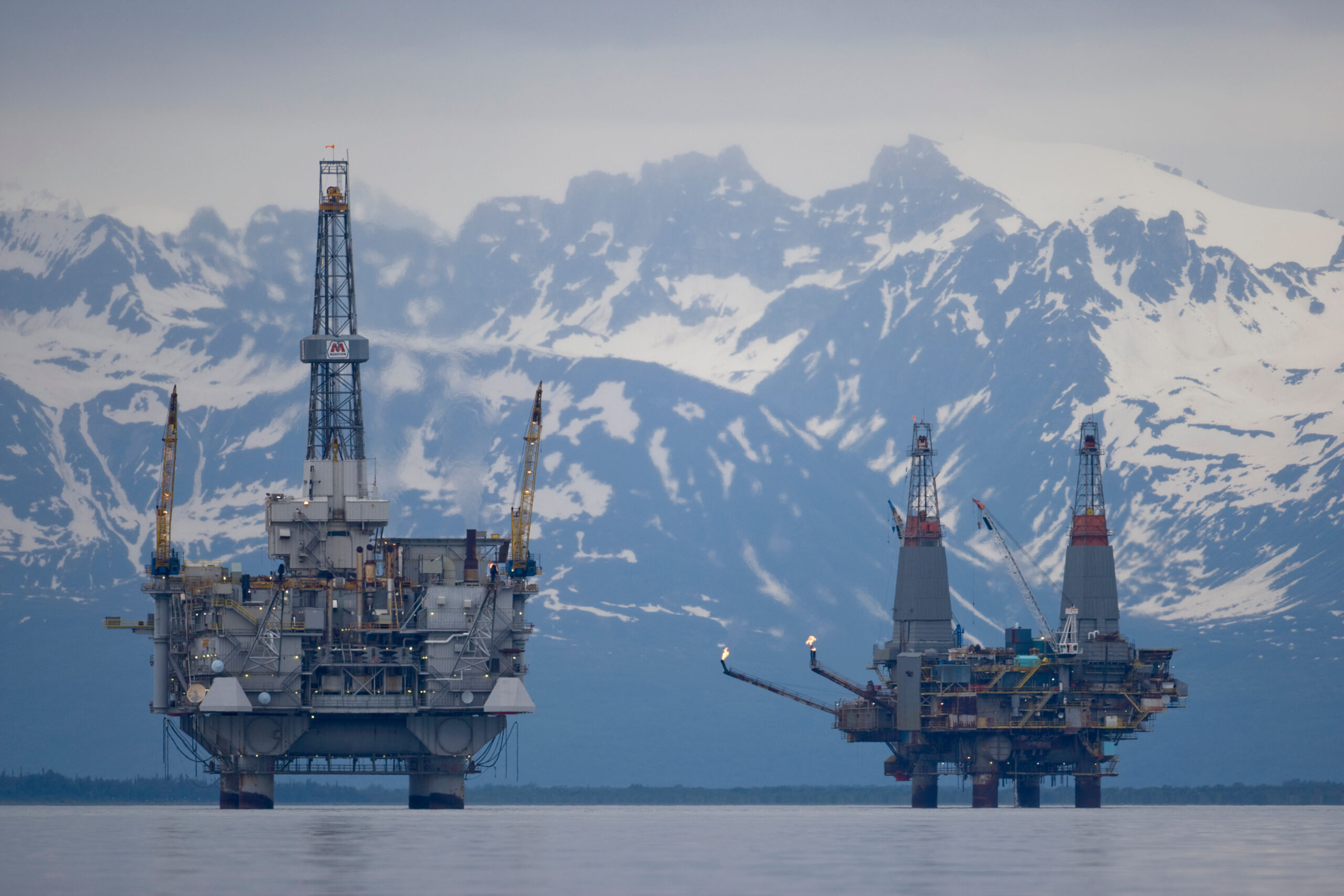Govt fossil fuel production on track to blow past climate targets
Many countries have promised to cut emissions dramatically by 2030 and achieve net zero emissions by 2050. But current plans have the world on pace to produce twice as much fossil fuels by 2030 than is compatible with climate targets.

The world is on track to produce more than double the amount of fossil fuels in 2030 than is consistent with keeping global warming at 1.5 degrees Celsius, and current policies have global oil and gas production set to rise through 2050, despite promises by most producer countries to hit net zero emissions by that deadline.
The current pace of global carbon dioxide emissions puts the world on track to blow through the remaining carbon budget — the emissions that can still be emitted while maintaining a 50 percent chance to remain below 1.5-degrees Celsius — by 2030, according to the UN’s “Production Gap” report, which was published on November 8.
The report was authored by several think tanks and research institutes, including the Stockholm Environment Institute, Climate Analytics, E3G, IISD, and the United Nations Environment Programme.
The first edition of the report was published in 2019, which found that governments were on track to produce twice the volume of fossil fuels in 2030 than was consistent with global climate targets. This updated report found that the size of that gap remains “largely unchanged,” even though the energy transition is picking up pace.
“Despite encouraging signs and an emerging clean energy transition, the persistence of the global production gap puts a well-managed and equitable energy transition at risk, and also conflicts with governments’ climate commitments,” Ploy Achakulwisut, a research fellow and co-lead on the report, said in a public release of the report.
Scientists say fossil fuel production needs to decline sharply through mid-century. Instead, current policies have coal output rising until 2030, and oil and gas production rising through 2050.
The report looked at 20 large fossil fuel-producing countries and found that while 17 of them have promised to achieve net-zero emissions, most continue to support and invest in an expansion of fossil fuels.
For instance, Indonesia, India, and Russia all have plans to expand coal production through 2030. Brazil, Saudi Arabia, and the United States are planning substantial increases in oil production. And for gas, countries planning to expand output include Nigeria, Qatar, Russia, the United States, and China.
The U.S. is now the largest LNG exporter in the world and plans to double that capacity by 2027.
Many countries continue to argue that gas can serve as a “bridge” or “transition” fuel, but they have not implemented any concrete plans to move away from gas over time. None of these producing countries have aligned their production plans with the 1.5-degree pathway, and in the aggregate, governments have plans to expand gas production for several more decades.
“Given that governments’ production plans and targets help to influence, legitimize, and justify continued fossil fuel dependence, there is a real risk that such plans are undermining the energy transition by locking in long-lived fossil fuel infrastructure,” Achakulwisut said.
Energy transition and fossil fuel phaseout
Not all the news was bad, the authors noted.
“International public finance for fossil fuels is on the decline, down 35 percent from 2016-2018 levels,” Michael Lazarus, a co-lead on the report and the director of the US Centre at the Stockholm Environment Institute, said.
He added that government policies aimed at accelerated renewable energy can be found around the world, including in the largest economies in the world: India, China, the United States and the European Union. Also, support for a just energy transition is growing globally, although for now those efforts are mostly confined to the coal sector, Lazarus said.
Governments have good reasons for supporting fossil fuels, Lazarus said, such as reducing import dependency, generating government revenue, legal obligations, or the belief that their country will win out as one of the last producers standing in a dwindling market.
“The problem is that when taken together, that’s what leads to the production gap itself,” Lazarus said.
Production plans leave the world far off-track from the 1.5-degree pathway, but we are not even on track to keep the 2-degree target alive. The analysis finds that governments plan on producing 110 percent more fossil fuels by 2030 than is consistent with 1.5 degrees of warming, and 69 percent more oil, gas, and coal than is compatible with a 2-degree threshold.
In order for the world to stay on track to keep the 1.5-degree C target alive, coal production would need to be almost entirely phased out by 2040, and oil and gas production would need to fall by at least 75 percent by 2050.
“There is overwhelming scientific evidence that we need to phase out all fossil fuels as rapidly as possible,” Achakulwisut said.
The researchers also warned that carbon capture and sequestration (CCS) and carbon dioxide removal (CDR) are risky and uncertain technologies, and should not be leaned on as a major climate solution.
“There’s a huge range of evidence, which is very clear that CCS and CDR will not be able to scale fast enough to make a meaningful contribution to cutting emissions this decade,” said Neil Grant, a climate and energy analyst at data firm Climate Analytics. “CCS has a very poor track record. Around 80 percent of the demonstration projects over the last 30 years have ended in failure.”
He noted that the report analyzes plausible pathways of achieving the 1.5-degree Celsius target, and to be conservative, the scenarios do not rely heavily on CCS or CDR.
“And the results are really clear. They show that fossil fuels need to decline now. They need to decline fast. And they need to head rapidly towards zero,” Grant said.



